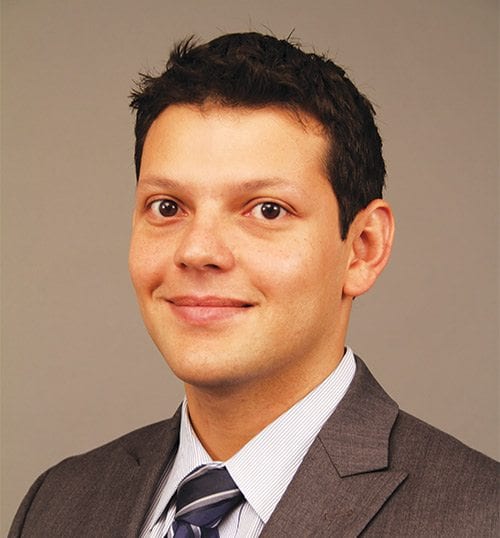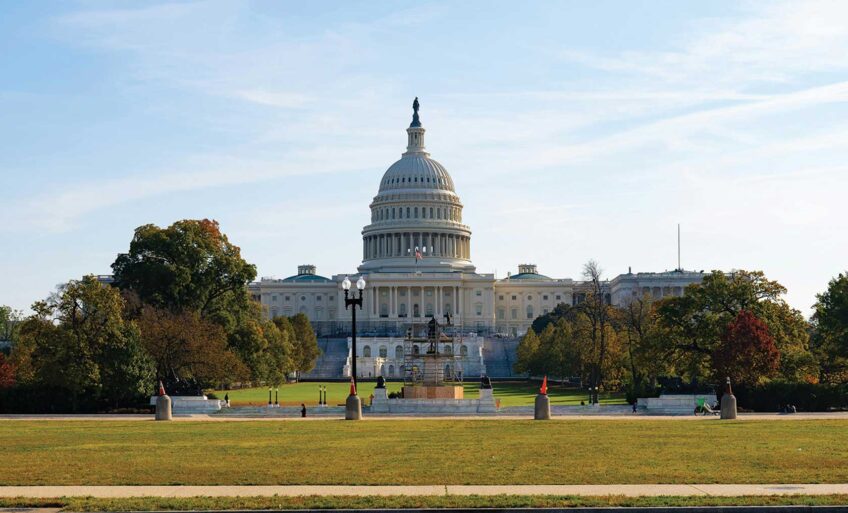Airports: The next racial profiling frontier
Civil rights attorney detained at Logan Airport

Last Sunday, while returning home from a vacation in Portugal, I was detained at Logan Airport in Boston by U.S. Customs and Border Protection (CBP) officials. They questioned my American citizenship and the authenticity of my U.S. passport. While white travelers were permitted to pass freely through passport control, I was escorted by security — along with other people of color — to a separate room for further vetting.
I lead a civil rights organization in Boston that is suing the president over his policies on sanctuary cities, to protect and empower immigrant families. Yet in that moment when I was being held at the airport, I felt powerless. I was treated like a suspect in the country that my family and I have called home for three decades. I was proud to become a citizen in 1996, and my first U.S passport was issued shortly thereafter. I have used my passport at the airport on many occasions, and have never been subjected to additional scrutiny — until now.
I do not believe it is a coincidence that this increased level of scrutiny has started since the inauguration of our new president. Whether by explicit order or just by some CPB officials getting the not-so-subtle message from the top, it appears that it is now acceptable to engage in racial profiling. There was no cause to hold me for additional screening — other than the color of my skin. In fact, just moments before my detention, an official ran my passport through the CBP system. The information contained in the system should have been sufficient to confirm my identity and the validity of my passport; the interrogation should have ended there. But instead of being released, CBP subjected me to additional scrutiny.
It is disempowering and dehumanizing to have government officials question my citizenship and passport. My citizenship is not only a legal status; it is deeply rooted in my identity. Using an American passport as a person of color triggered security protocols at Logan Airport that most people would associate with public safety and national security risks. If my personal experience at Logan is any indication, airport inspections are now targeting not only Muslims, but other minorities — including U.S. citizens — for “extreme vetting.” This is irresponsible and dangerous. It is also unconstitutional and a waste of scarce taxpayer dollars.
Policymakers and others who support these recurring indignities at airports risk alienating people who look like me, and tearing apart the fabric of our diverse society. Plain and simple, it is un-American.
Ivan Espinoza-Madrigal is executive director of the Lawyers’ Committee for Civil Rights and Economic Justice.






